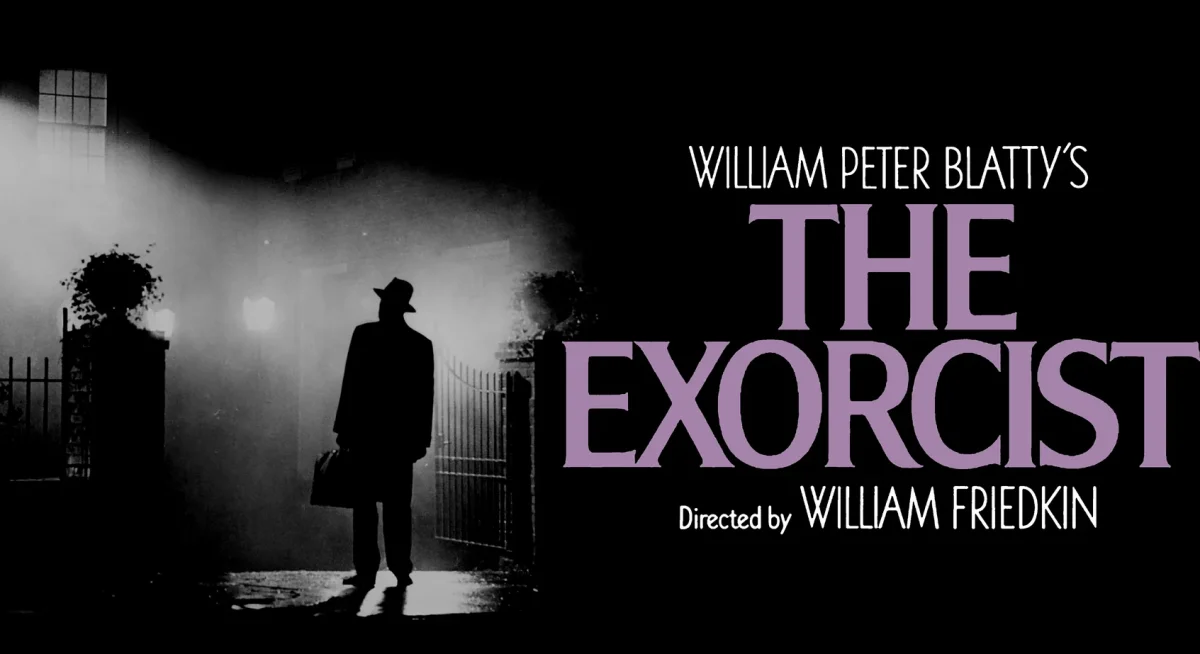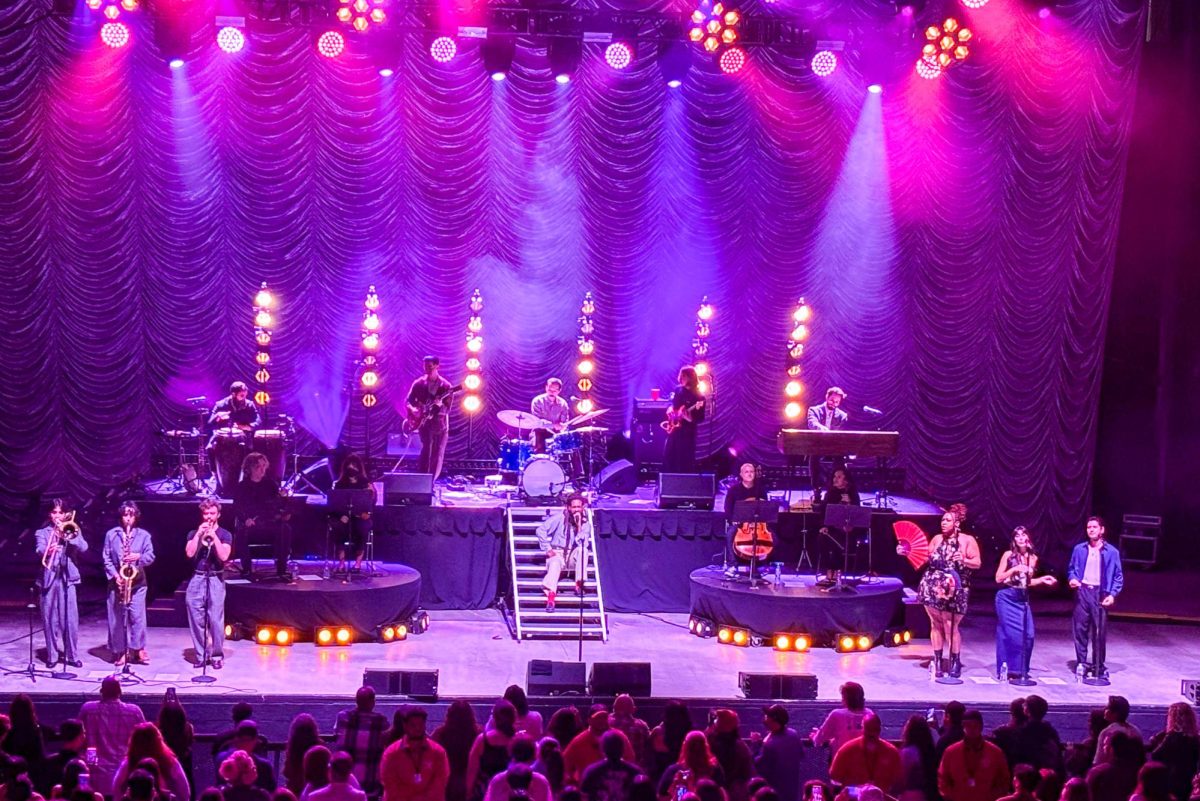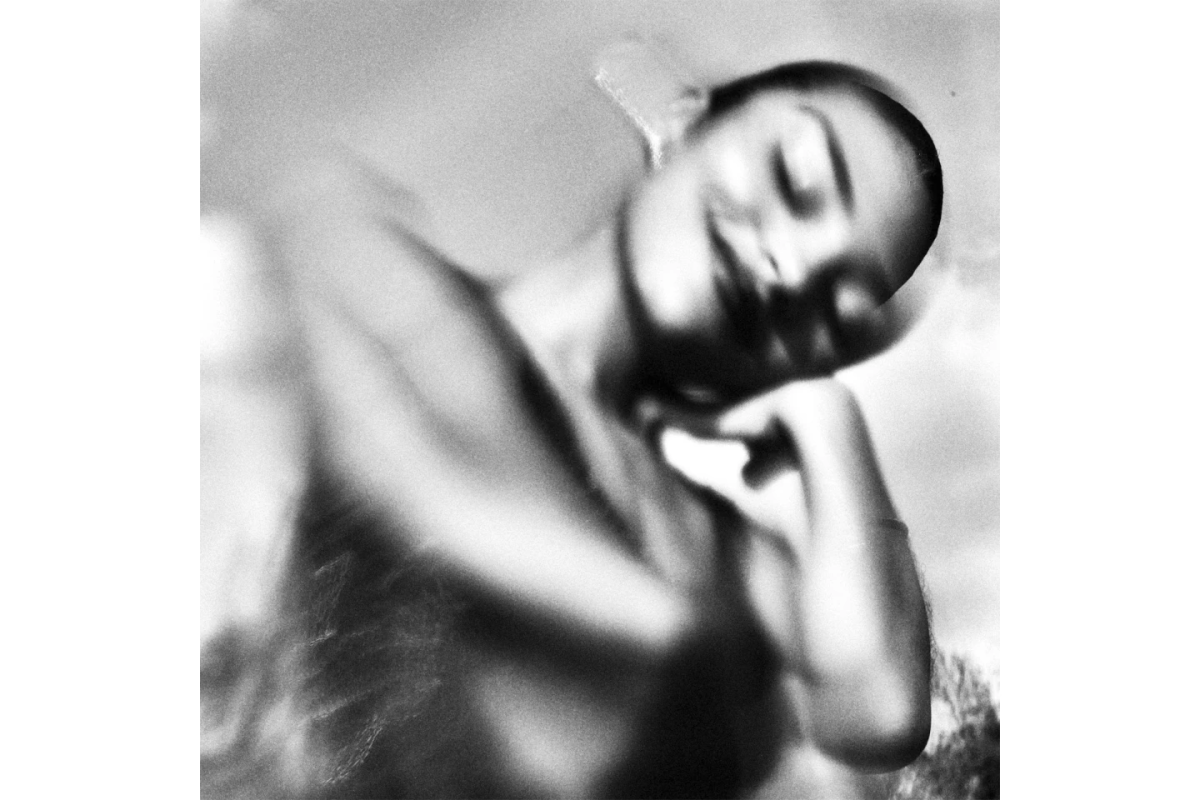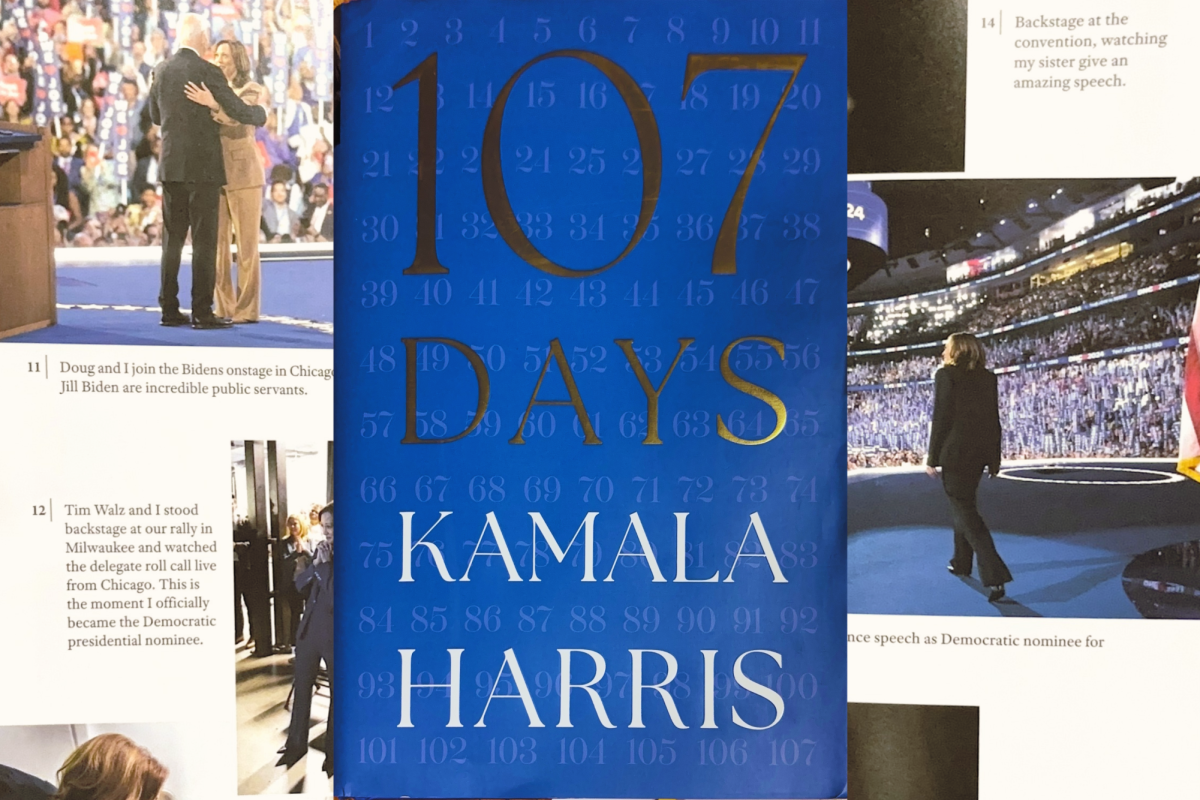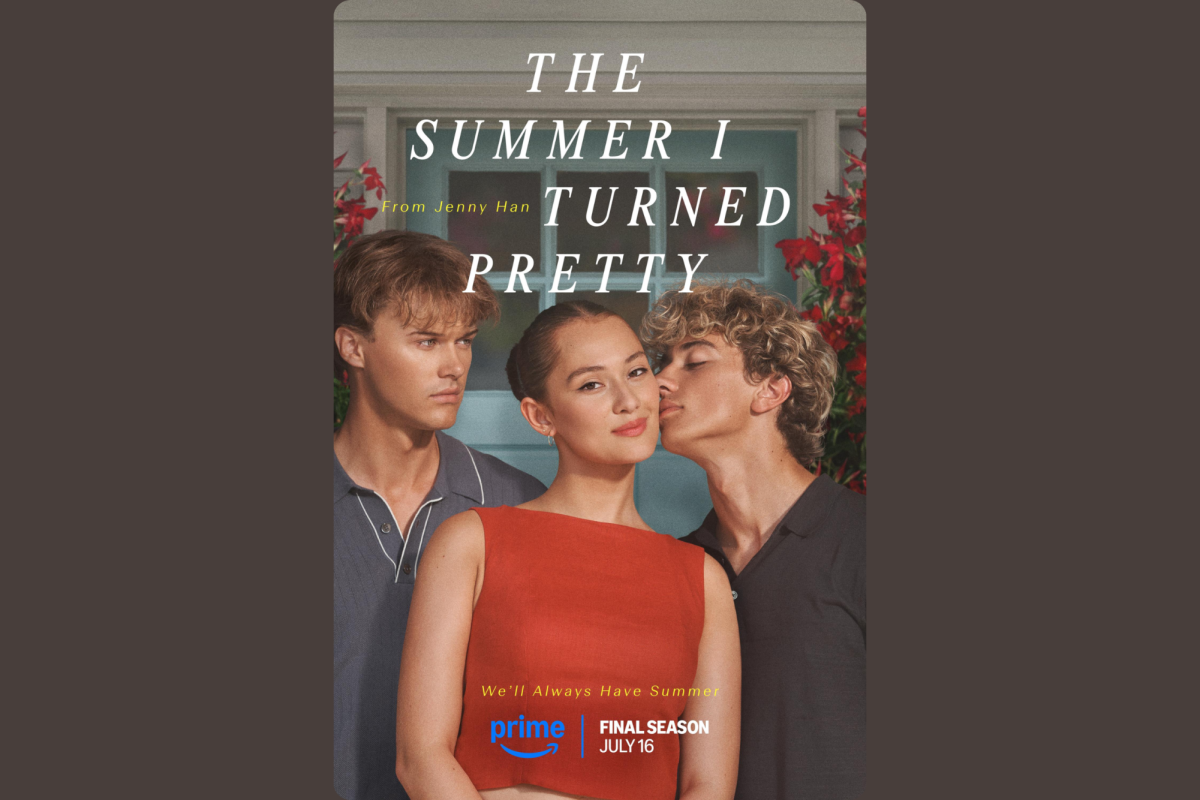Horror movies have always offered audiences a comfortable way to experience terror. Each generation has developed its style of “scary.” From the eerie suspense of “the classics” to today’s intense psychological thrillers, horror has evolved significantly, sparking debates over which era reigns supreme.
Classic horror films like “Psycho” (1960), “The Exorcist” (1973) and “Halloween” (1978) paved the way with their suspenseful plot twists and unforgettable villains.
“No matter how many new [horror movies] come out, the classics will always be special,” Liv Page (11) said.
One of Page’s favorite horror movies, “Scream” (1996), is a perfect example of the genre’s golden era.
“I love how Scream is both scary and smart,” Page said. “It was one of the first horror films to acknowledge horror movie clichés in a way that was entertaining and still really scary.”
Page appreciates the build-up and atmosphere that older horror movies create.
“It wasn’t just based on a ton of special effects or jump scares,” Page said. “The suspense felt real because they took their time building tension … Older films were more about the story, and I think that’s why they’re still iconic.”
In contrast, newer horror films often tackle fresh narratives, weaving in themes of societal issues and complex characters. More recent hits like “Get Out” (2017), “Hereditary” (2018), “Midsommar” (2019) and “Smile” (2022), have redefined horror by combining psychological depth with stellar visuals.
For Cade Barber (11), horror is more than just entertainment, it’s a passion.
“I feel like modern horror movies, especially Jordan Peele’s films like ‘Us,’ aren’t just about scaring you; they make you think,” Barber said. “‘Us’ isn’t just a horror movie; it’s a story about identity and it makes you think about our society.”
Barber appreciates how new films create a lasting impact.
“Movies like ‘Hereditary’ and ‘Us’ don’t get you with jump scares, they stay with you because the horror is psychological,” Barber said. “You’re left questioning things and feeling unsettled even after it’s over. He feels that these movies offer a unique experience that classic films don’t always provide. They use horror as a way to explore deeper themes, and that’s what I like about them.”
Whether it’s the suspenseful storytelling of classics or the layered depth of modern horror, each era has a unique way of keeping audiences on edge. As horror continues to evolve, fans are left with a thrilling debate. Is the legacy of frightening films more compelling, or does the new wave of horror hold the ultimate power?
“No matter how old or new, [the horror genre] will always be the best because the fear of what’s coming next keeps you locked into any scary movie,” Page said.


